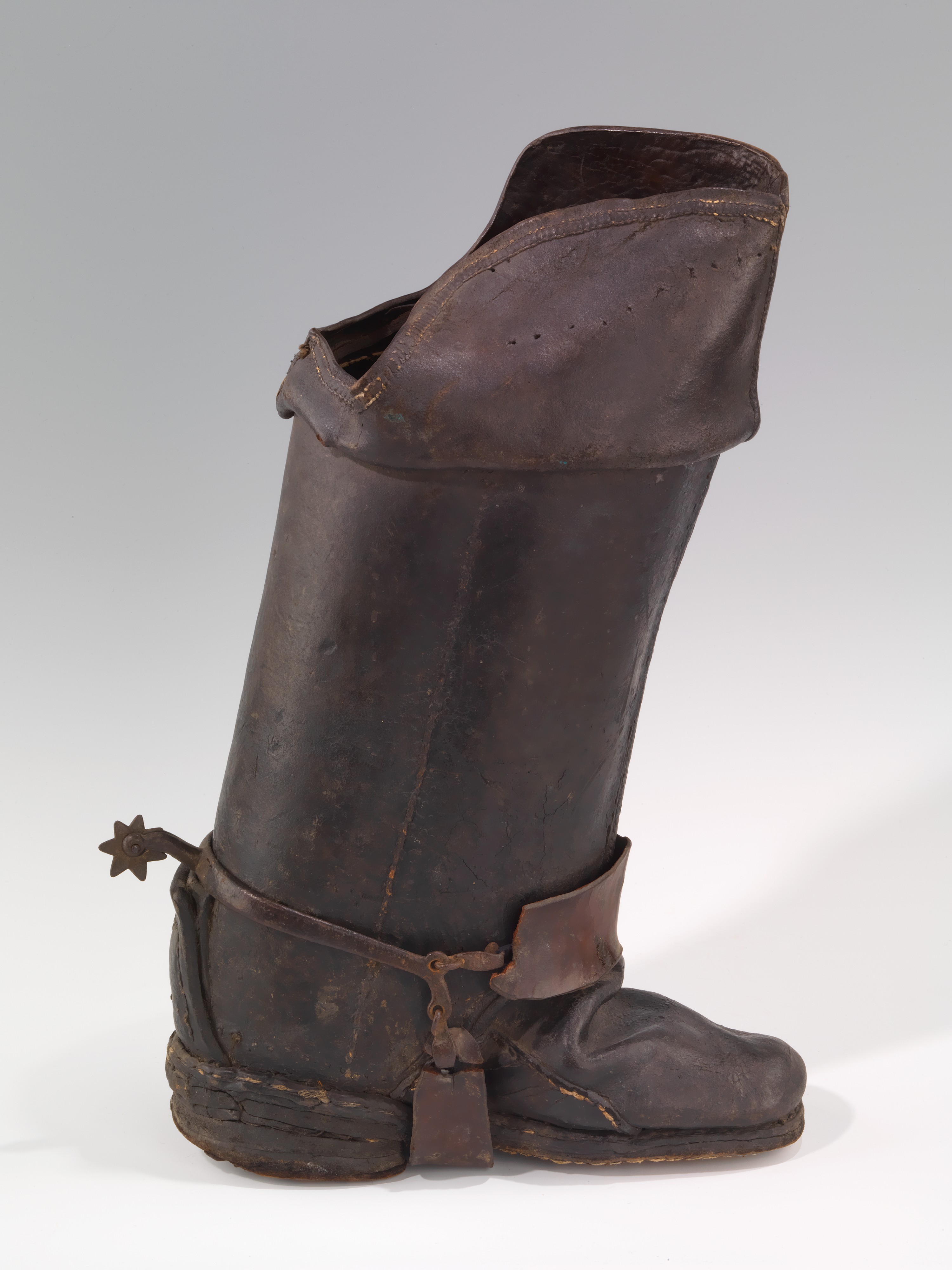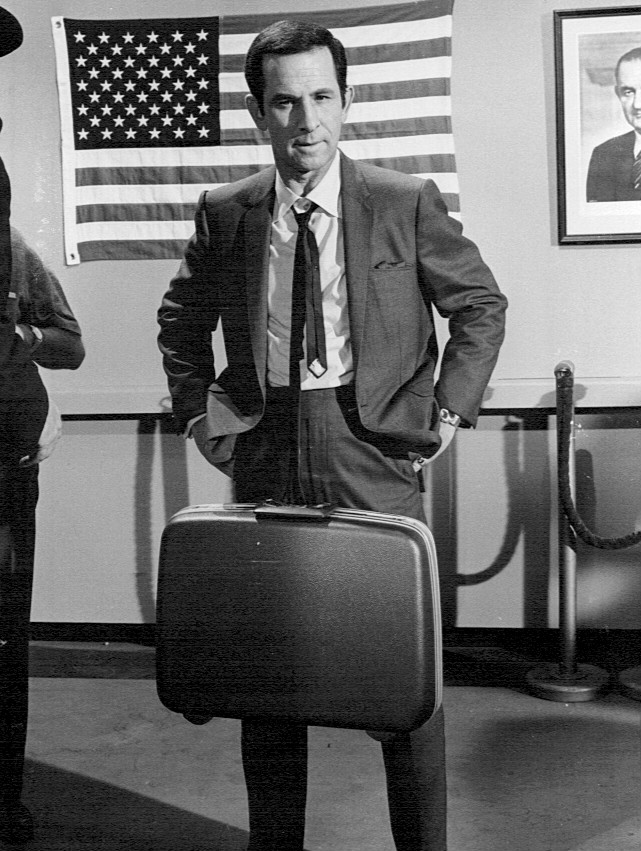.jpg) |
| This is from 1894, not 2024 |
IntroductionMisinformation is bad enough. Disinformation—meant to mislead—is even worse. And there's a lot of it out there. It's been a problem probably ever since town criers started bawling, but it's gotten worse lately. There are propaganda outlets masquerading as media. If you want to make intelligent decisions, you need to be able to tell propaganda apart from reputable journalism.
ExampleI found when teaching that there's nothing better than a good example. I managed to dig up something from Chinese state media back in 1961. The distance in time and foreign origin should defuse anything inflammatory, and enable easier analysis. I'm going to put some words in italics:
This coup was reactionary, and deliberately engineered by the American imperialists. After the American imperialist running dog Syngman Rhee was toppled, [they] brought Jang Myeon [Chang Myun] to power, bringing in so-called American-style “democracy” with the scheme to strengthen their colonial rule in South Korea. But since last April the people’s struggle had been growing by the day, the struggle for peaceful reunification gathering more and more steam. … So in advance they engineered a so-called “military coup”, with the purpose of suppressing the South Korean people’s struggle and strengthening fascist rule.
- https://digitalarchive.wilsoncenter.org/document/cable-chinese-embassy-north-korea-contents-may-18th-north-korean-party-central-standing
AnalysisThings like the above used to come out of Chinese state media all the time. (Nowadays they're a little more subtle.) But let's examine it. We'll start with everything I put in italics, divided up into three groups:
1. reactionary, engineered, imperialists, scheme, colonial, people's struggle, peaceful
2. so-called "democracy"/"military coup"
3. running dog, fascist
Group 1 consists of words with emotional loading. Neutral terms, which don't evoke an emotional reaction, would be "conservative," "facilitated," (I can't think of one for "imperialist"—maybe "expansionist"), "plan," "conflict," "foreign," "non-violent." Note that in the cases of "people's struggle" and "peaceful," the emotions meant to be elicited are positive.
Group 2 consists of redundant phrases with scare quotes. Scare quotes are meant to scare, on some level, which makes them a variant on the kind in group 1.
Group 3 consists of insults, terms meant to denigrate. Again, meant to make the audience react emotionally.
(One other note: a lot of "they" in that example, with "they" never quite defined. It's easier to cast blame without accountability if you never specify who you're blaming.)
Journalism and PropagandaNow, these bits from Wikipedia are useful (they come from the Journalism and Propaganda entries):
⦁ "Journalism is the production and distribution of reports on the interaction of events, facts, ideas, and people that are the "news of the day" and that informs society to at least some degree of accuracy."
⦁ "Propaganda is communication that is primarily used to influence or persuade an audience to further an agenda, which may not be objective and may be selectively presenting facts to encourage a particular synthesis or perception, or using loaded language to produce an emotional rather than a rational response to the information that is being presented."
The key words from each include "informs" vs. "influence," and "accuracy" vs. "emotional…response." Journalism has a different goal from propaganda. If you can't tell them apart you can easily be misled, being influenced when you were open to being informed.
Distinguishing Between the TwoReputable journalists are trying to give you the facts and the context so you can make up your own mind. They don't seek to persuade. (Editorials are something separate, and are not a problem if labeled as such and kept apart from news stories.)
Journalists will often point out potential consequences, but try not to let their own biases creep in, and try not to use alarmist (emotional) language. That can of course be difficult. But the goal is for rational reaction, not emotional.
But if you read or watch information sources, whether they call themselves news or not, sources that consistently or even constantly use loaded words and emotional language, if the reporters resort to insults, well, go ahead and follow that outlet if you want to. Just keep in mind you're watching something where influence is the goal, and the message trumps accuracy. Watch or read it if you want. But don't trust it.



.png)

.jpg)
.svg/330px-Flag_of_the_United_States_(upside_down).svg.png)







